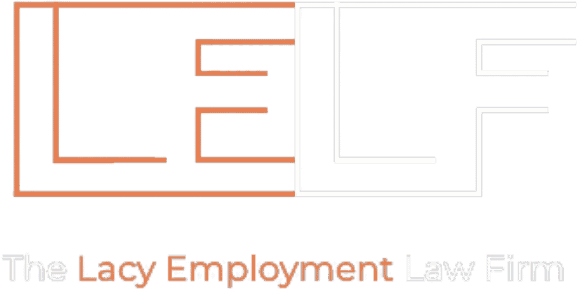Everyone needs a sick day every now and then. Some people get sick more than others. And some people get sick to the point that they fear being fired.
Well, as always, it depends.
Under federal law, there is no law that protects sick people from being fired. There is also no law that provides sick people with paid sick leave.
That leaves us to rely on other laws for sick-leave protection.
Employment in America is mostly at-will employment. For those that don’t know, at-will employment means that you can be fired for any time and for any reason. With the exception that the reason cannot violate the law.
Therefore, your employer cannot fire you because of your:
- Sex;
- Sexual orientation;
- National origin;
- Gender identity;
- Race;
- Religion;
- Ethnicity;
- Age;
- Disability;
- Marital status;
- Pregnancy;
- Genetic information;
These are all protections that Title VII of the Civil Rights Act gives.
You also have some additional protections. You cannot be subjected to harassment or a hostile work environment. And some states give even greater protections than the Civil Rights Act affords.
But still, your employment is mostly at-will. Unless you have an employment contract or some other agreement with your employer, there is no law protecting you against sick leave.
So, where does that leave you? The most important thing you can do is to comply with your company’s sick leave policy. You may be able to avoid this issue altogether.
You Need to Call in Sick and Take Sick Leave
Sick days are a tricking one. Federal law does not require employers to give you them. But a number of states do have laws requiring employers to give employees sick leave.
And in some states that do not have sick leave laws, the cities themselves have passed laws giving employees sick leave.
Philadelphia and Pittsburgh are examples of cities that have paid sick leave laws.
No matter what, you must follow your company’s policy with respect to sick leave. This means calling in sick if needed. There is likely something in the law or company policy that requires you to do so.
Sick leave laws normally come with job protection. This means that an employer cannot retaliate (fire) against you for taking sick leave. This would be wrongful termination.
The “fire you because of your sickness” is important. What if the employer tells you the reason for firing you is something else? That is, the reason they give has nothing to do with your sickness.
In this case, you may have an employment lawsuit. Employers giving bogus reasons for firing their employees usually triggers wrongful termination lawsuits.
For example, you’re a good employee. You’ve never had any negative performance reviews. But now, while you are sick, your employer fires you.
In this case, you’d have a good case that the reason for your firing was bogus. Obviously, you were a good employee all along. And then you go sick. You’d have a credible case that your sickness was the reason for your firing.
This is very strong evidence of retaliation and wrongful termination.
If there is no sick leave law on the books, however, your employer could fire you for bogus reasons. The bogus reason only has to not also be illegal.
Most of the time, however, if your employer gives a bogus reason, it’s also an illegal reason.
Can you be Fired for Calling in Sick too Many Times?
In the above example, you’ve probably called in sick once or twice. Some employers may choose to fire you just for this. Especially if you have no state or city protections for sick leave.
And you’d, unfortunately, have to prove your case in court.
The same goes for calling in sick too often. Your employer may terminate you. And, at this point, they may say that the reason is that you couldn’t do your job.
Perhaps your sick days interfered with your job functions. Maybe it made it harder for you to do your work. These are all reasons why your work performance might suffer. And your employer might feel justified terminating you.
Further, you may have exhausted any sick leave protections you had at this point. You can’t get sick leave forever. Even if your state or city has a statute protecting it.
The Americans with Disabilities Act Might Protect You
If you’ve been sick too many times, there may be a point where your sickness becomes a disability.
The Americans with Disabilities Act (“ADA”) is a federal statute that protects against disabilities in the workplace.
The definition of “disability” states three ways in which an employee may become disabled:
- A person may be disabled if he or she has a physical or mental condition that substantially limits a major life activity (such as walking, talking, seeing, hearing, or learning);
- A person may be disabled if he or she has a history of a disability (such as cancer that is in remission); or
- A person may be disabled if he is believed to have a physical or mental impairment that is not transitory (lasting or expected to last six months or less) and minor (even if he does not have such an impairment).
The most common reason to claim a disability is that the condition “substantially limits a major life activity.” This is a fair high bar. Things like depression, cerebral palsy, and Tourettes typically are covered disabilities.
Sickness is normally not covered. But it’s possible that you have a disability that is causing your sickness.
If you do, it might be worth evaluating this with your doctor or lawyer. And disclosing it to your employer.
Even if disclose your disability and you don’t have a disability, it’s not likely that your employer will fire you. People with disabilities are job-protected. Even if there is a possibility that you are disabled, employers will likely not fire you simply for disclosing it.
Most employers want to avoid lawsuits. And firing someone who is claiming a disability is a sure-fire way to incur one.
But, you never know what your employer will do, so always use caution. This is a personal decision.
You should, however, first get some information on whether your sickness is coming from a recognized disability.
If your employer accepts your disability, you can request reasonable accommodations. These would be things like intermittent leave and the ability to modify your work schedule.
The Family and Medical Leave Act Might Protect You
If you’re really sick and need leave, you can likely do so under the Family and Medical Leave Act (FMLA).
The federal Family and Medical Leave Act (FMLA) gives eligible employees the right to take up to 12 weeks off in a 12-month period because the employee is incapacitated by a serious health condition.
If your sickness is severe enough, you may qualify for leave under the FMLA.
Make sure that you give your employer notice that you intend to take the leave. That gives you more protection under the law.
Further, you should know that a serious health condition under the FMLA is a lower standard than substantially limits a major life activity.
This means that it is easier to get FMLA leave than it is to get reasonable accommodations under the ADA.
Lastly, FMLA is job-protected. If your employer tries to stop you from taking it, you have an FMLA interference claim. If your employer fires your for taking it, you have an FMLA retaliation claim.
As an added note, you can even use FMLA at times if your family member is sick.
Conclusion: Can you sue for being fired while sick?
Well, it certainly depends. You would likely have a good lawsuit if you were fired while out sick. You’d have a better one if you are a stellar employee. If you’ve taken or attempted to take FMLA leave and were fired as a result, you’d likely have a good case for retaliation or interference.
Even though employment is at will, it’s probably not the best idea for employers to fire their sick employees. It’s a really bad idea to fire good employees over sickness.
In the end, most employers know the laws around this. That surely doesn’t stop all employers from making bad decisions. But that’s the reason why lawsuits happen and cases go to court.
If you have been fired after calling in sick, it might be a good idea to call an employment lawyer and seek some legal advice about your state laws as well as your other rights under employment law. Many employees wait to do so until it is too late.
















